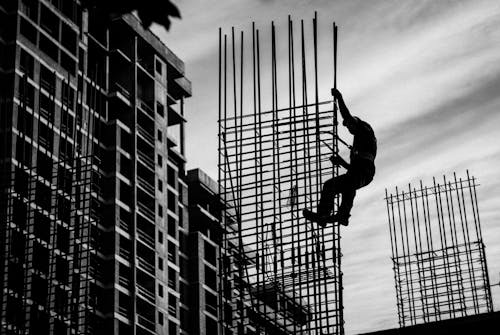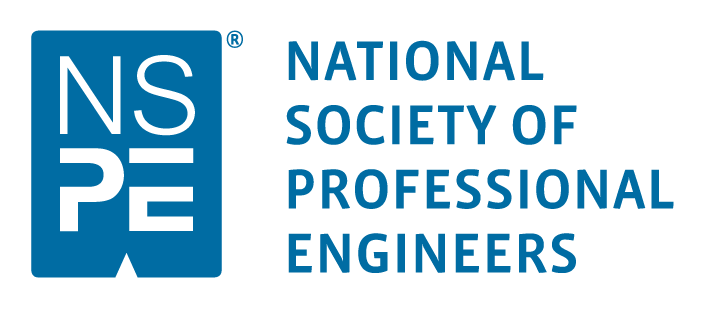The Consequences of Delaying Building Repairs
As time passes and buildings are used, some of the structure’s components can deteriorate. Similar to people, commercial and residential properties also need care and regular check-ups. Maintaining buildings means assessing their condition every five years and fixing components when they break.
But what if these fixes get delayed over and over again? When building repairs are postponed, it can lead to big troubles. For example, a roof leak may not initially seem like a big deal. But that small leak may start dripping and over time develop into a much larger leak. . Eventually, the ceiling will develop stains, and the continued water intrusion can promote mold growth.
Delaying repairs can make small issues big, and costly, and sometimes create dangerous concerns. But with the help of professionals, New Jersey properties with delayed repairs can be mitigated, preventing problems from spiraling out of control.
The Root of Delays in Building Repairs
Residential and commercial organizations face the challenge of controlling their budgets to maintain financial stability. Homeowners associations (HOAs) operate with limited budgets, which may not allow for immediate repairs or renovations. This necessitates the prioritization of certain activities over others. But without professional guidance, competing priorities can sometimes push repair projects lower on the list.
Moreover, HOAs rely on dues and assessments from homeowners to fund repairs and maintenance. Associations are supposed to maintain a reserve fund for capital repairs and replacements of common elements. If a significant portion of homeowners are behind on their dues or there is financial mismanagement, the HOA may lack the funds needed for repairs.
Differences in vision are also one cause of delays in building repairs. Some homeowners may have opposing opinions on what repairs should be prioritized, leading to conflicts within the community. Disagreements among homeowners can delay decision-making and hinder progress on repair projects.
HOAs must have effective financial planning and transparent communication to address these challenges and prioritize repairs. They should also consider and understand the long-term impact of delaying necessary repairs, as neglecting them can lead to significant and costly problems.
Effects of Delaying Building Repairs
Delaying building repairs can have significant consequences, both financially and in safety. Failure to fix a leaky roof can cause water damage and mold growth, which can affect indoor air quality and pose health risks. Unserviceable fire water sprinklers pose life safety risks in the event of a fire.
Not taking timely action on repairs can also lead to more extensive damage and deterioration. What might have been a relatively minor and affordable repair can turn into a major and expensive renovation or reconstruction project. HOAs may need to secure additional funding through loans or special assessments, increasing the financial burden on residents or property owners.
Other consequences of delayed building repairs include the following:
● Structural Concerns
Repairs can preserve the structural integrity of the building. Delaying critical repairs to the foundation of the building will affect the stability and safety of the property. The worst case is that it could lead to the building’s collapse.
● Legal Liability
Legal liability is a possible consequence of a failure to address known repair issues. If someone is injured due to property neglect, they may pursue legal action.
● Higher Energy Costs
Delayed repairs to a building’s exterior, such as the roof, windows, or siding, can compromise the building envelope. When this happens, the structure’s protection against the weather and external elements is weakened, leading to increased energy costs.
● Decreased Property Value
Potential buyers or tenants are unlikely to consider a property with visible or known issues. This will make it harder to sell or rent units or properties at desired prices.
Consult Professionals about Defects and Repair Plans
Some may think they can compensate for delayed repairs with patches instead of complete repairs or replacement, but these quick fixes may add more risks than help. Not seeking professional help in addressing the defect or damage may result in improper or ineffective repairs.
Without professional commercial building inspection NJ, there is a risk that the organization may not fully understand the underlying issues. Patches may address the visible symptoms but might not solve the root cause. This means that the problem could persist or worsen.
Consulting with a commercial building engineer NJ may also be instrumental in addressing the reasons for delays in building repairs. If the root of the delay is a lack of knowledge, a professional can bridge the gap in expertise through their findings.
Similarly, if the community is in disagreement in prioritizing expenses, engineers can help by assessing which issues are the most critical and require immediate attention. An independent expert recommendation will guide opposing opinions in a direction that would be more cost-effective and beneficial to the association as a whole.
Reserve Studies from Qualified Professionals
HOAs may request a reserve study NJ from a qualified engineer to address building repairs. Reserve studies begin with a comprehensive assessment of the current condition of a building’s common elements. It involves evaluating structural components, mechanical systems, exteriors, interiors, and other critical elements.
After the inspection, the engineer will recommend solutions to their findings. A report will be presented outlining the repair and maintenance projects based on the severity of deterioration, potential safety hazards, and cost considerations. This allows HOAs to focus on critical repairs promptly while planning and allocating resources for less urgent projects over time.
Reserve studies also provide transparency to homeowners and board members regarding the state of the property and the financial planning required for repairs. Transparency fosters better communication and buy-in from homeowners, as they can see the rationale behind budget decisions and fee assessments.
Conclusion
Buildings require ongoing attention and care to keep them safe and structurally sound. When these necessary repairs are put off, small problems can quickly grow into costly and potentially risky issues. Taking action on critical building repairs is not a matter of convenience. It is a fundamental responsibility to maintain the well-being of occupants and the longevity of the property.
Fortunately, a building inspection engineer NJ can help solve these challenges. Their expertise enables accurate assessments, precise planning, and efficient execution of repair projects.
Bring your repair concerns to experienced and qualified structural engineers in New Jersey today. Get in touch with Licensed Professional Engineers specializing in building inspections at Lockatong Engineering.








